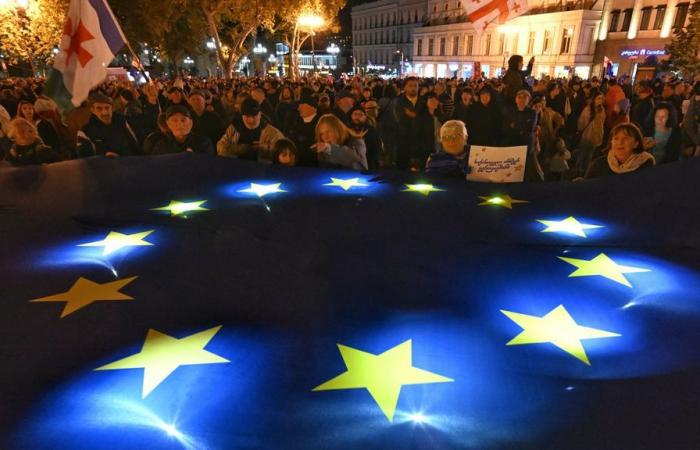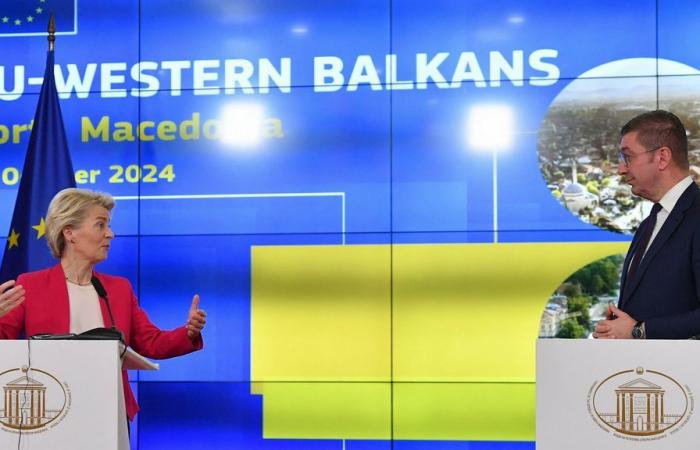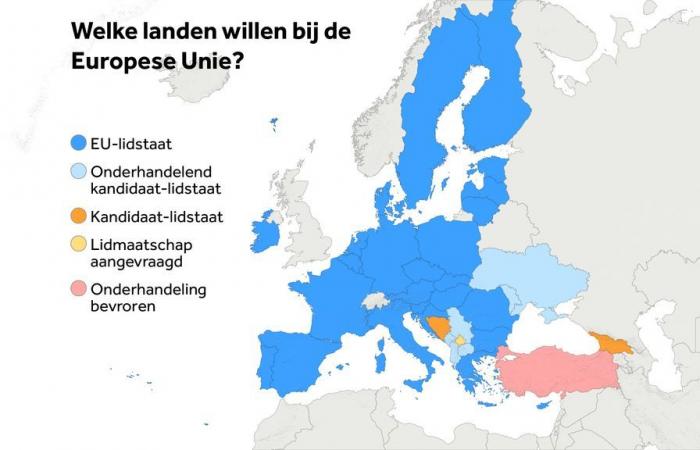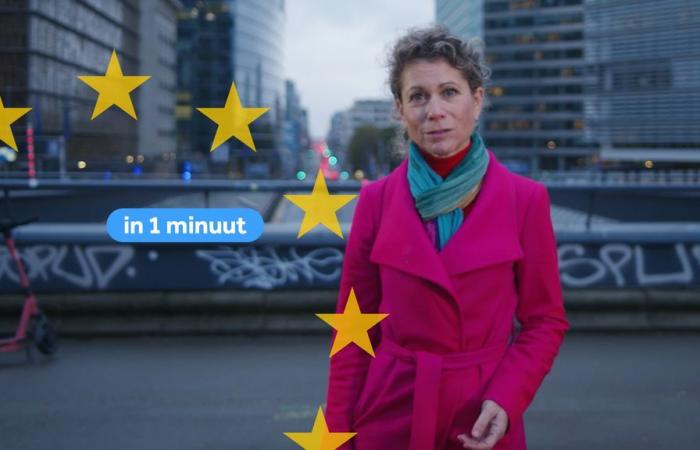NOS News•Wednesday, 6:49 PM
-
Guus Boeren
editor Brussels
-
Tijn Sadee
European Union Correspondent
-
Guus Boeren
editor Brussels
-
Tijn Sadee
European Union Correspondent
EU candidate countries have taken significant steps towards joining the EU in the past year. This is evident from the enlargement reports presented by the European Commission.
Every year, the European Commission publishes reports examining the progress of the candidate countries. There are now ten: Albania, Bosnia and Herzegovina, Kosovo, Moldova, Georgia, Montenegro, North Macedonia, Serbia, Ukraine and Turkey (with which negotiations have been frozen in recent years).
This year, extra attention will be paid to this, because EU membership was the theme during the recent elections in Moldova and Georgia. Commission President Ursula von der Leyen’s tour last week of all candidate countries in the Balkans also made it clear that enlargement is high on the agenda for her Commission.
The fact that it is such an urgent issue for Brussels is due to the war in Ukraine. “Enlargement is accelerating enormously,” says top EU diplomat Angelina Eichhorst. The Dutch woman has been closely involved in the expansion process in recent years. “Because of the war, the geopolitical need for expansion is high.”
New steps
The reports state that the Commission sees reason to take new steps in the accession process for various candidates. All EU countries must first agree to this. It is not self-evident that they are. In the past, there have been significant delays due to individual blockades by EU countries.
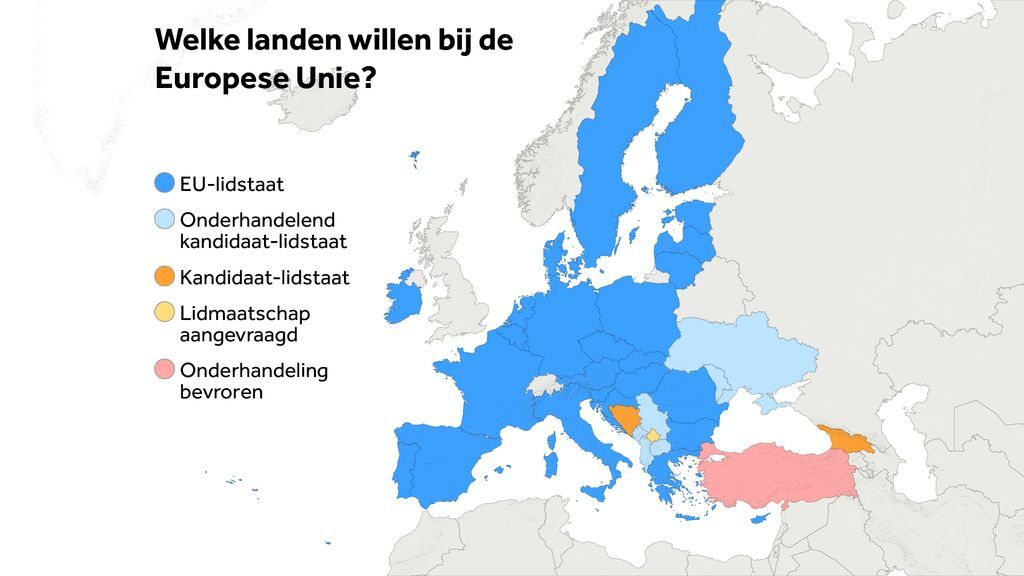
Six of the ten countries currently in the waiting room are in the Western Balkans. The accession of these countries was slow for years, but the EU is now trying to speed up the process with a new approach. When countries implement reforms, they receive investments and access to the European market in return.
Economic fish trap
The EU is trying to integrate these countries step by step. Top diplomats in Brussels talk about a ‘fish trap’ in which countries are slowly swimming towards greater economic integration. According to Eichhorst, the candidate countries also look at each other. “Things are moving very quickly in Montenegro now, the Serbs look at that and think ‘we have to go first!’.”
That strategy seems to be paying off first. The EU opened the first chapters of negotiations with Albania a few weeks ago. Montenegro has already made some progress, and according to the report, certain negotiating chapters can start to be closed there. That country is also mentioned as the first newcomer; the country could join in 2028.
But concerns also remain. In the report on Bosnia and Herzegovina, the Commission says that reforms have stalled since the beginning of this year.
Serbia is also under a magnifying glass. In addition to closer ties with the EU, that country is also looking for partnerships with China and Russia. “Serbia will eventually have to align its foreign policy with that of the EU, otherwise accession will be in jeopardy,” EU foreign policy chief Borrell said at the presentation of the reports.
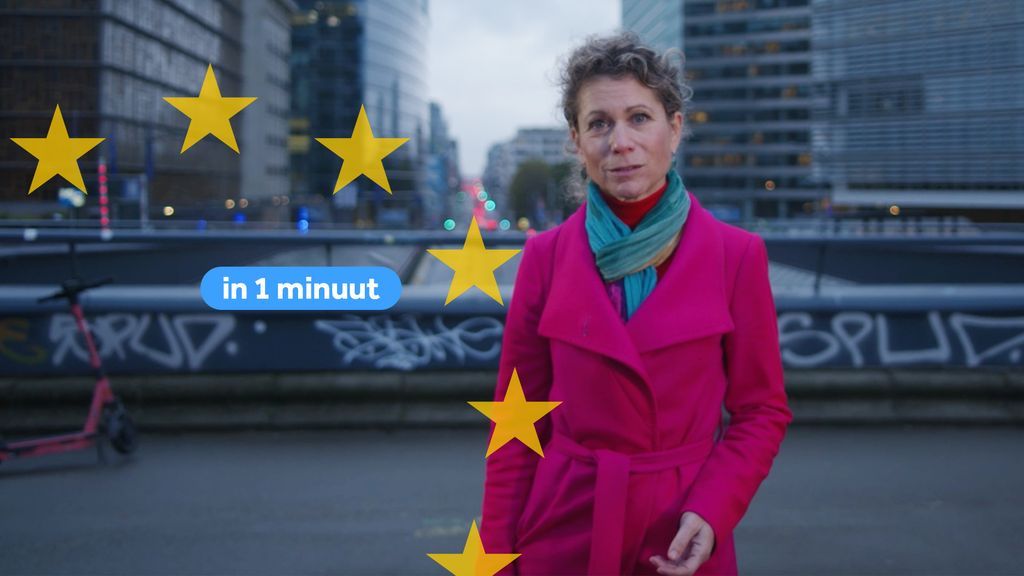
Explained: the enlargement of the EU
Countries on the eastern side of the European Union also want to join the EU. For Ukraine, EU membership is still an important goal. The European Commission hopes that negotiations can start next year, provided Ukraine meets all requirements.
Russian influence
The Commission also wants to take steps with Moldova. That country is currently walking a fine line when it comes to accession. In the referendum a week and a half ago, a very small majority voted in favor of enshrining the country’s European future in the constitution. The question is whether Moldova’s European course is definitive. This weekend there is the second round of the presidential elections. The pro-European president Sandu is pitted against a pro-Russian candidate.
In Georgia, EU membership seems increasingly distant. The Commission says accession has been stalled by the actions of the Georgian government, such as the introduction of a foreign agents law. The EU is also critical of last weekend’s elections, in which large-scale fraud was reported. The Public Prosecution Service in Georgia started an investigation into this today.
Despite the new energy in the enlargement process, there are still plenty of challenges for the EU’s enlargement agenda. Diplomat Eichhorst hopes that the EU will continue with the new impetus. According to her, it is important that the EU becomes stronger. “With expansion you have additional voices, also at a global level.”

